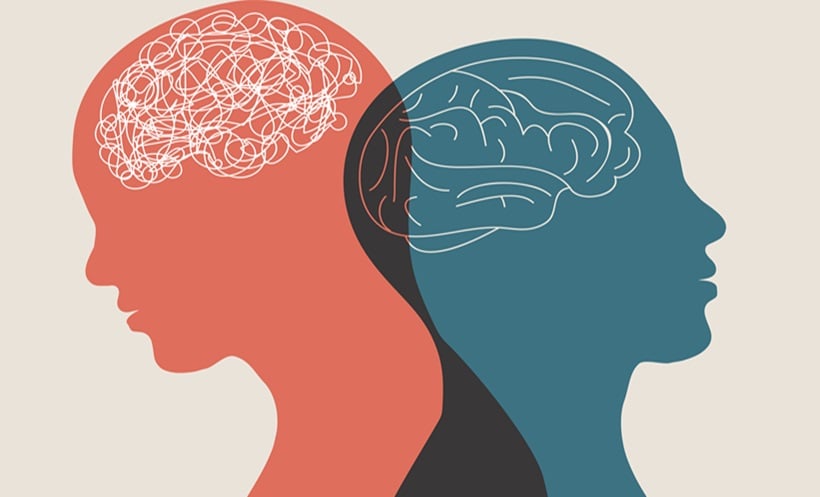SKIN CONDITIONS affect one-third of the global population, presenting a significant health burden. While often not life-threatening, they cause symptoms such as rashes, scarring, pain, and pigmentation changes that impair quality of life. Conditions like psoriasis and lupus also involve systemic inflammation, further complicating health outcomes. The visible nature of dermatological symptoms exacerbates their impact, often leading to stigma, social withdrawal, and psychological distress, including anxiety and depression, which are prevalent in 30% of individuals with chronic skin conditions.
The emergence of psychodermatology, a field addressing the psychological impact of skin diseases, highlights the need for integrated care. However, access to interdisciplinary mental health services within dermatology remains limited. Digital health tools are bridging this gap by offering education, coping strategies, and peer support. A review of online mental health resources for individuals with skin conditions found diverse options, including self-guided modules, forums, and counselling services. These resources are particularly useful in regions where mental health is stigmatised or traditional services are scarce.
Cultural sensitivity and accessibility are critical in designing effective tools. In areas with high smartphone usage, digital interventions provide flexibility and anonymity, reducing barriers like cost, geographic limitations, and fear of judgment. For regions with strong stigma or limited digital access, community-based approaches, such as task-shifting to train local members in mental health support, may be more effective.
Challenges remain, including user retention in digital platforms and ensuring cultural relevance. Peer support, while fostering connection, requires careful moderation to prevent misinformation and, moreover, resource availability varies globally, and informal or local tools often escape detection in broader reviews.
Efforts such as this are vital to understanding resource gaps and aligning tools with diverse patient needs. By prioritising holistic care and culturally attuned interventions, the global dermatology community can improve the mental well-being of those living with skin conditions, ensuring that support extends beyond the physical symptoms to address the psychological impact.
Reference
Shipowick, T et al. Mental health and well-being support for individuals living with skin conditions: a global landscape analysis of patient needs and current resources. JEADV Clinical Practice. 2025;DOI:10.1002/jvc2.606.







